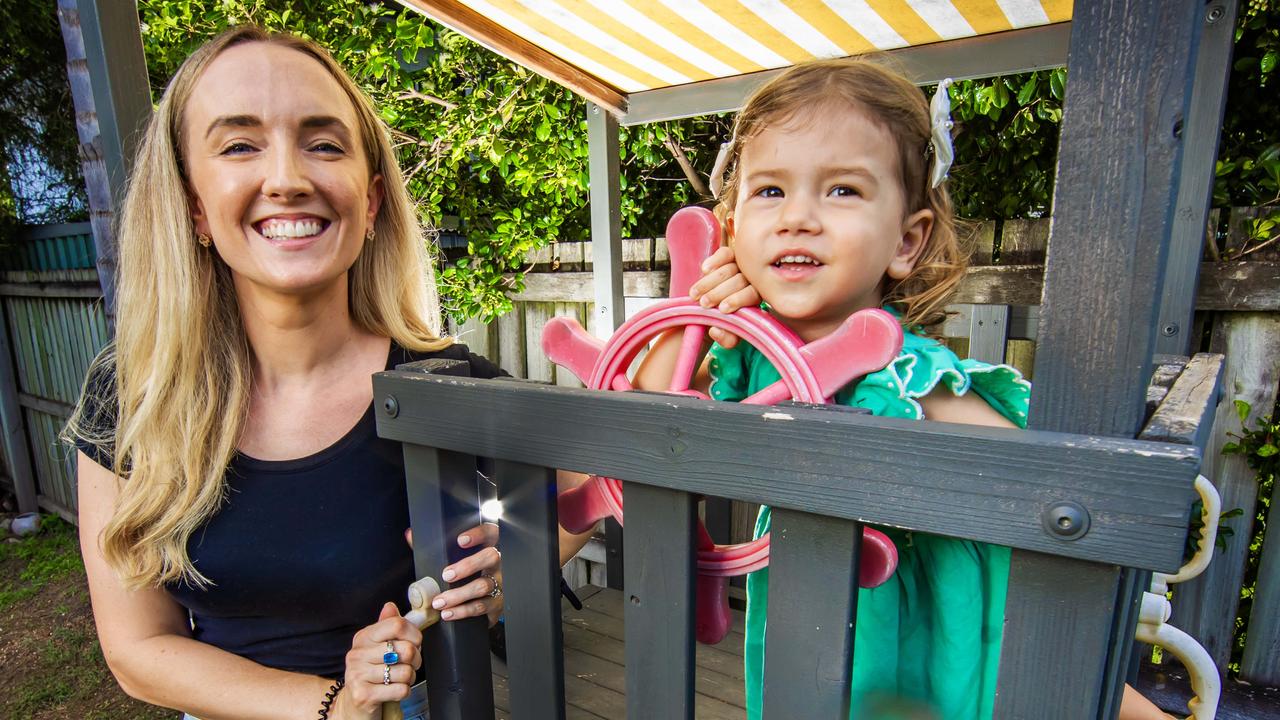Alarming research shows one in two Aussie kids are cyberbullied, with fears problem could get worse
One in two Aussie kids have experienced cyberbullying, and it’s causing terrible psychological distress for many. Here’s what you can do to help someone who may have been affected.
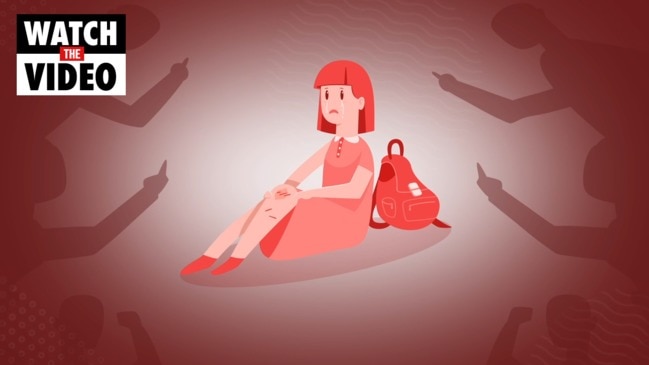
Exclusive: More than half of Aussie kids are cyberbullied, with the experience leading to terrible psychological distress for many.
New research from headspace’s National Youth Mental Health Foundation reveals a staggering 53 per cent of young people in Victoria and 52 per cent in New South Wales and South Australia have experienced cyber-bullying at one point in their lives.
It’s even worse in Western Australia, where the figure is 54 per cent.
And with 70 per cent of young people reporting high or very high rates of psychological distress also saying they’ve been cyberbullied, headspace said it’s clear there are strong links between online bullying and the emotional state and mental health of young Australians.
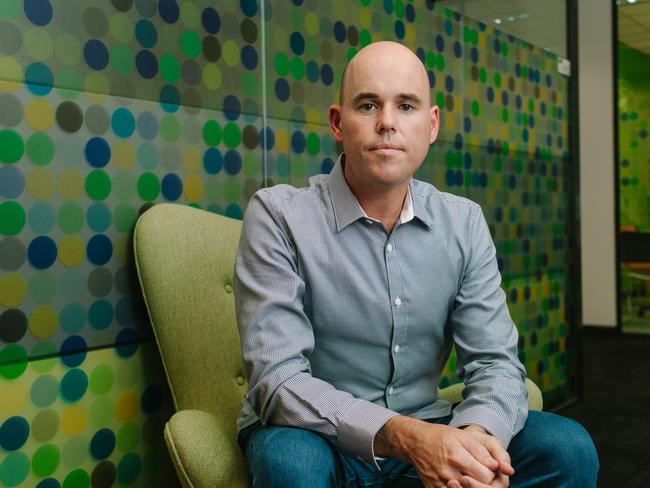
The research — which involved surveying more than 4000 young people aged between 12 and 25 across the country last year — showed females aged between 15 and 17 years-old are the most likely to experience cyber-bullying.
Chief executive of headspace Jason Trethowan said the findings were “deeply concerning”.
“Social media has become a big part of life for young people and we’re encouraging parents to be aware of its impacts and what to look out for when it comes to cyber-bullying so support can be provided,” he said.
The Office of Australia’s eSafety Commissioner said its research from June 2017 showed one in five young people, aged between eight and 17, had been cyberbullied in the previous 12 months alone.
It had also found girls and teenagers were the most likely to be bullied.
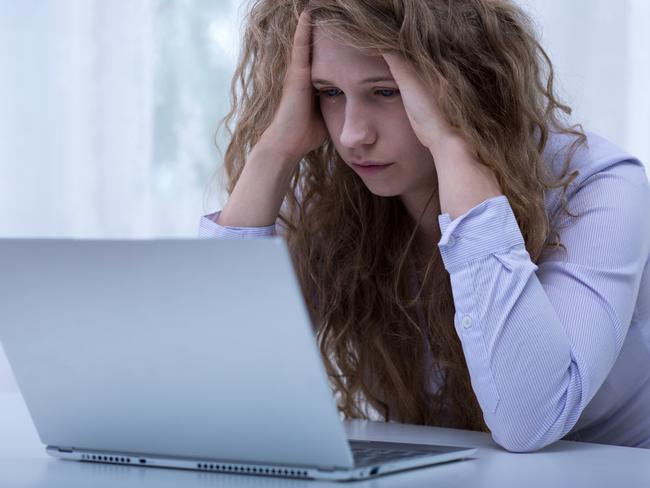
But national cyber safety expert Susan McLean said she believed the numbers were actually higher than that what was being reported.
“I think we need to understand that the issue is much bigger than what is reported. I am in schools every day and I speak to about 85,000 young people about it (cyber-bullying) personally every year,” she said.
“There’s nobody in Australia who has as much access to school kids, dealing with this subject, as I do.
“And I can tell you that anywhere there is communication and technology there can be cyber-bullying. This is, without a doubt, a significant public health issue and we are only just seeing the tip of the iceberg at the moment.”
Australian eSafety Commissioner Julie Inman Grant said she was not surprised by headspace’s latest cyber-bullying figures.
“Cyber-bullying is more insidious than traditional bullying as it can be more persistent and pervasive, following children home from school, into their home, occurring at all hours of the day or night,” she said.
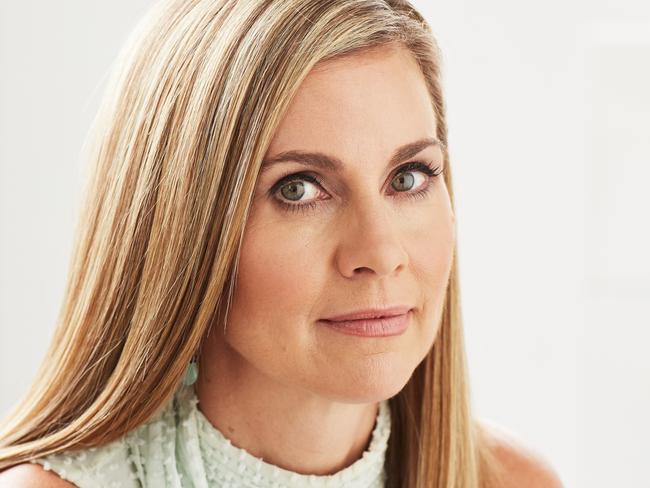
“Because of this, it can often impact a person’s emotional, psychological or physical wellbeing. From the cyber-bullying complaints we’ve received to date, we also know cyber-bullying is often linked to bullying that occurs at school.”
Senior clinical Adviser at headspace Nick Duigan said some young people were reluctant to open up to their parents or teachers about being cyberbullied for fear of making the situation worse, but there were warning signs parents could and should look out for.
“If you notice things like (they are) appearing upset after using the internet or a mobile phone, changes in how they’re feeling such as loneliness or distress or, a decline in school work,” he said. “These can all indicate signs of mental ill-health that may be related to a type of bullying.”
FOR PARENTS
If you think your child is being cyberbullied, you should:
• Listen calmly to what they want to say and make sure you get the full story.
• Reassure them that they are not to blame and ask open and empathetic
questions to find out more details.
• Ask them what they want to do, and what they want you to do.
• Discuss some sensible strategies to handle the bullying.
• Contact the school and stay in touch.
• Check in regularly with your child to see how they are going.
FOR YOUNG PEOPLE BEING CYBERBULLIED
Young people experiencing cyber-bullying themselves should consider:
• Talking to someone you trust straight away — like a parent, sibling, uncle/aunt, teacher or
friend. You can also seek support at headspace through face-to-face, online or telephone services.
• Do not retaliate or respond to the online bully.
• Block the bully and change your privacy settings.
• Report the abuse to the service and get others to as well.
• It’s also important to do something you enjoy to keep a healthy mind set. Catch up with your real friends, listen to music, play sport or chat online to the people you can trust.
• Collect evidence — keep mobile phone messages, take screen shots and print emails or social
networking conversations.
• You can always find some helpful resources at esafety.gov.au or headspace.org.au.
WHAT IF A FRIEND OR SOMEONE YOU KNOW IS BEING BULLIED?
If you have a friend or know someone at school who is being cyberbullied:
• Don’t join in — don’t comment on posts, images or videos.
• Don’t forward or share posts, images or videos that will hurt others.
• Leave negative groups and conversations.
• Report bullying to someone that can help — this can be an anonymous report to a parent or teacher.
• Support your friend online and offline. You could say something like “I heard about the posts, you don’t deserve it, I’m here for you”.
• Suggest they talk to their family or confide in an adult they trust.
• Encourage them to access help online through eheadspace or face-to-face in a headspace centre.


